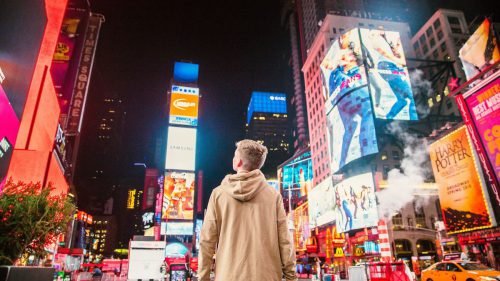

BreakPoint
Real Art
The latest story of intolerance and bigotry comes to us from Cobb County, Georgia. At least, that's how the major media are telling it. But in my book, it's a story of courage and conviction. It all began when citizens of Cobb County noticed that the political controversy over the arts was heading their way. We've all read about the federal government's funding of homoerotic photographs and other indecencies, all in the name of art. So when a local theater put on a play containing positive references to homosexuality, the residents of Cobb County knew that was just the beginning. In short order, homosexual activists could be using the arts as a front for promoting the entire gay agenda in their community. So the county commission decided to take action. It proposed to fund only art projects that reflect what it called family-oriented values and community standards. But these days, it seems, local communities are not allowed to set their own standards. The American Civil Liberties Union and People for the American Way-two national groups with a radical agenda-accused the commissioners of censorship. They threatened to sue. The commissioners' response was simple: They simply cut off all funding for the arts. They reasoned that if taxpayers' money could not be limited to projects taxpayers endorse, then it was better not to spend the money at all. The funds were diverted into law enforcement instead. Local residents were pleased. A poll found that the majority of Atlanta residents favored the decision. But opponents were infuriated. The national media turned a scathing spotlight onto Cobb County. The major networks reported the incident as an example of small-minded censorship and reactionary conservatism. Not a single good word was said for the residents of Cobb County. Well, if the national media can't be objective, it's up to you and me to get the story straight. The folks in Cobb County are right: Projects receiving public support ought to serve public purposes. This is not censorship, it's accountability. And people who insist on accountability are not Philistines who hate art. Listen to the Reverend Nelson Price of Roswell Street Baptist Church, the largest congregation in Cobb County. Price supported the funding cut-off, telling reporters, "Theater should feed the aesthetic taste and inspire and uplift rather than glamorize sexual distortion." Reverend Price is even leading several local businesses to raise private funding for art programs that do support community standards, in order to replace the government funding they just lost. Cobb County ought to be a model for all of us, in our own communities. The arts have been used long enough as a front for radical agendas. It's time to let artists know that tax money may no longer be used to support assaults on our moral standards under the guise of creative liberty. But Christians should not be only negative. We also need to find positive ways to show that we are pro-art, to give practical and financial support to good art. To art that feeds the aesthetic sense, that uplifts and inspires.
10/7/93















